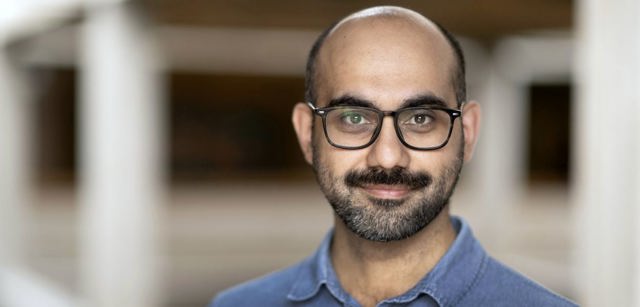< Back to news
For example, if there is a deposit of one million pounds, the software can monitor where this exact sum of money is being transferred – it has the ability to identify all combinations of related transactions that take place, even if the money is split between different accounts and outgoings. 


16 November 2023
New software detects money laundering faster than ever before
Computer scientists have developed a new tool that enables quicker and more accurate detection of money laundering, with the ability to scan 50 million transactions in less than a second. The tool can isolate suspicious and potential criminal behaviour three times more effectively than conventional methods.
Researchers from Centrum Wiskunde & Informatica (CWI) and King's College London have designed an entirely novel approach to detecting money laundering, based on algorithms which rapidly identify when criminals are dividing a large sum of money into multiple smaller transactions between many bank accounts – a technique known as ‘smurfing’.
The algorithms run on data taken from several bank accounts which are represented as nodes on a large, complex graph, and the software is programmed to focus on the part of the graph where it detects the most suspicious activity.
For example, if there is a deposit of one million pounds, the software can monitor where this exact sum of money is being transferred – it has the ability to identify all combinations of related transactions that take place, even if the money is split between different accounts and outgoings.
As detailed in a paper published in the Proceedings of the 2023 SIAM International Conference on Data Mining, researchers Dr Solon Pissis (CWI, Networks and Optimization group), Dr Huiping Chen and Dr Grigorios Loukides (King's College, Department of Informatics), together with Dr Robert Gwadera (independent researcher), say the new software is over three times more effective than current detection methods and can also analyse larger amounts of data.
Read more on the website of Centrum Wiskunde & Informatica (CWI).
Vergelijkbaar >
Similar news items

August 13
Volkswagen’s self-driving e-shuttles — coming to Amsterdam next?
Volkswagen is testing autonomous e-shuttles in Hamburg and aims to roll them out across European cities within two years, Amsterdam included.
read more >

August 13
Podcast: finding religious meaning and identity through AI
How can AI help rediscover religious texts and identity? In the latest episode of Studio VU, Yusuf Çelik shares his story.
read more >

July 22
Veni grants for 28 UvA and Amsterdam UMC researchers
The Dutch Research Council (NWO) has awarded Veni grants to 28 researchers from the University of Amsterdam and Amsterdam UMC.
read more >